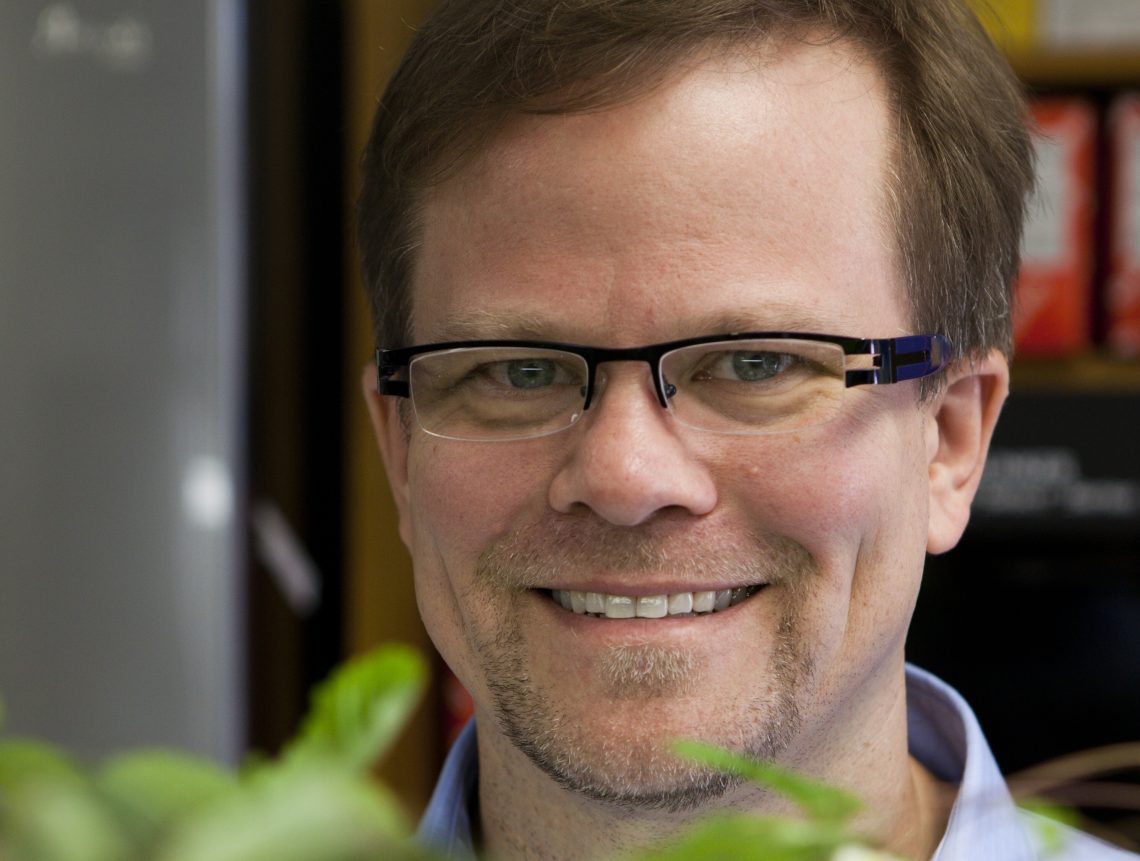While the seed industry moves full steam ahead, consumers are pulling back and questioning technologies — and at big a cost.
University of Florida professor in the Horticultural and Sciences Department and chairman of the Institute of Food and Agricultural Sciences calls on the industry to do a better job communicating about the importance of science.
“How do we balance a very negative message and a stigmatization that is coming from activists who either don’t like companies or don’t like new technologies?” asks Kevin Folta. “As scientists and as industry, we’ve stayed quiet. Now, it’s time for us to start communicating.”
In telling the seed industry and agriculture story, Folta says it’s important to become the media. “Get involved on Twitter, blog and write about your perspective to show people that this isn’t just about lumpy rats and graphs with lines on them,” he says. “This is about people. This is about the environment. And this is about change — changes that we can make but are not because of fear.”
Folta says that some of these technologies would allow farmers to farm with less of an environmental impact, which is huge. But it’s not just about the environment, it’s about lives.
Golden rice, which has been bred to be more nutritious, has been rejected by groups around the world our of fear. Yet, Folta says this is the type of technology that can save lives.
In fact, Folta says that because of the lack of acceptance and implementation of golden rice, an estimated 1.4 million human life years have been lost.
There are other costs, too, he says. “Farmers could be saving money in their operations,” Folta adds. “All of these things don’t happen because of the pushback of this technology.”
However, Folta finds hope in youth. “Today’s youth are on fire,” he says. “Young kids love technology, and they are ready to implement it. They are also concerned about the developing world.”
Folta regularly speaks with students in Florida classrooms about science, agriculture and helping to feed the world. Last week I spoke to third graders and I asked what are some of the things that you can do to serve people in other parts of the world who are very poor and how can you help them using science. “It’s about getting kids excited about science and showing them the cool things that they can do,” he says. “What are the problems that they’re concerned about? How can we solve it with science? They are very comfortable with this kind of technology.”
Folta explains that farmers, physicians and dieticians have the most credibility with the public. “They are liked, and they need to leverage that in order to get their message out,” he says.
In starting to tell the story, Folta says that while your workplace might not be that exciting to you because you see it all the time, it’s exciting and foreign to others. “You see it everyday,” he says. “It’s work. It’s what you are familiar with. But to the rest of us who are just consuming food and seeing it from the outside, we don’t know what’s inside that bubble or black box.”











